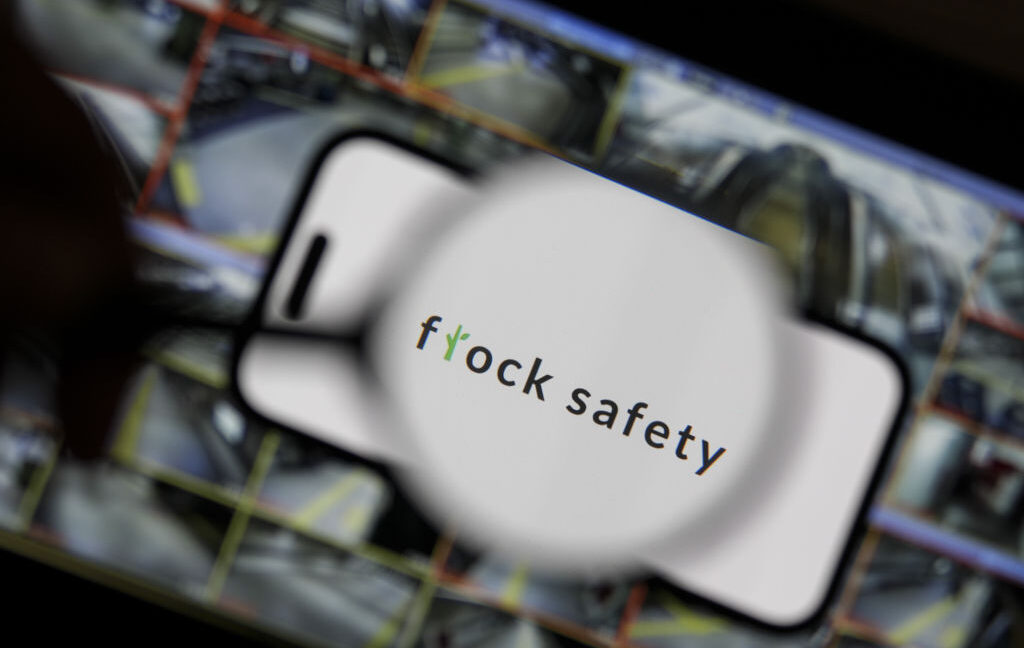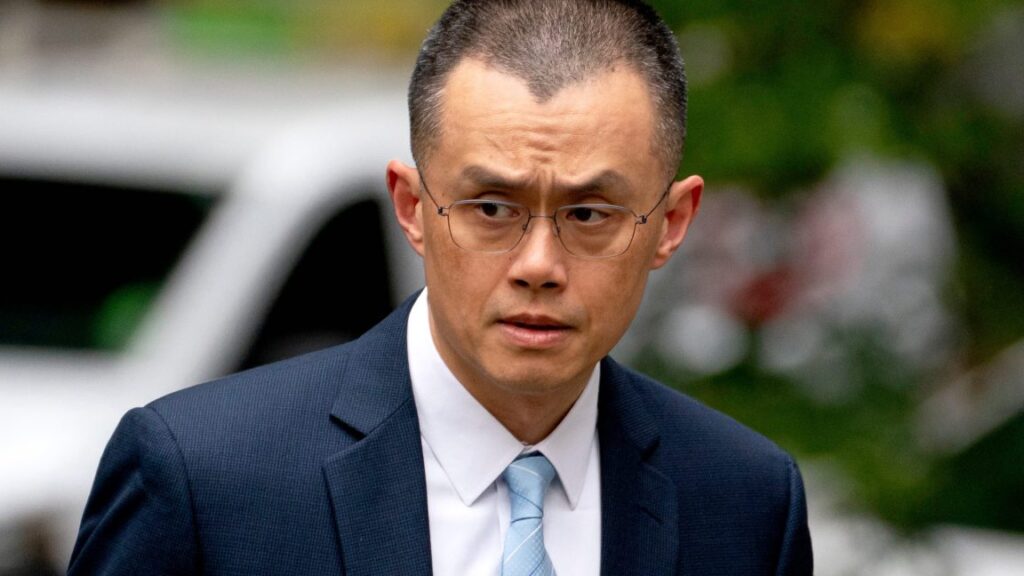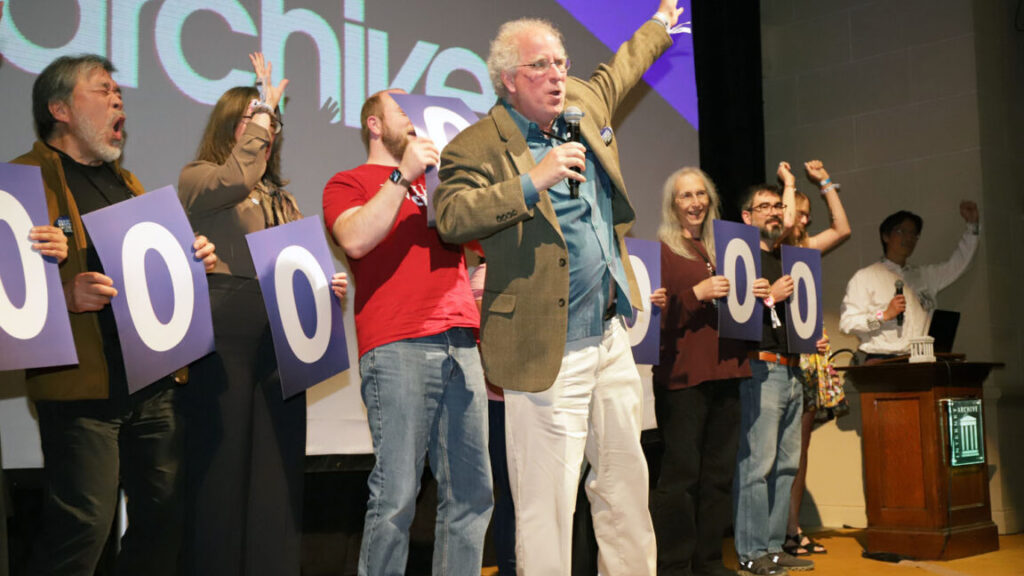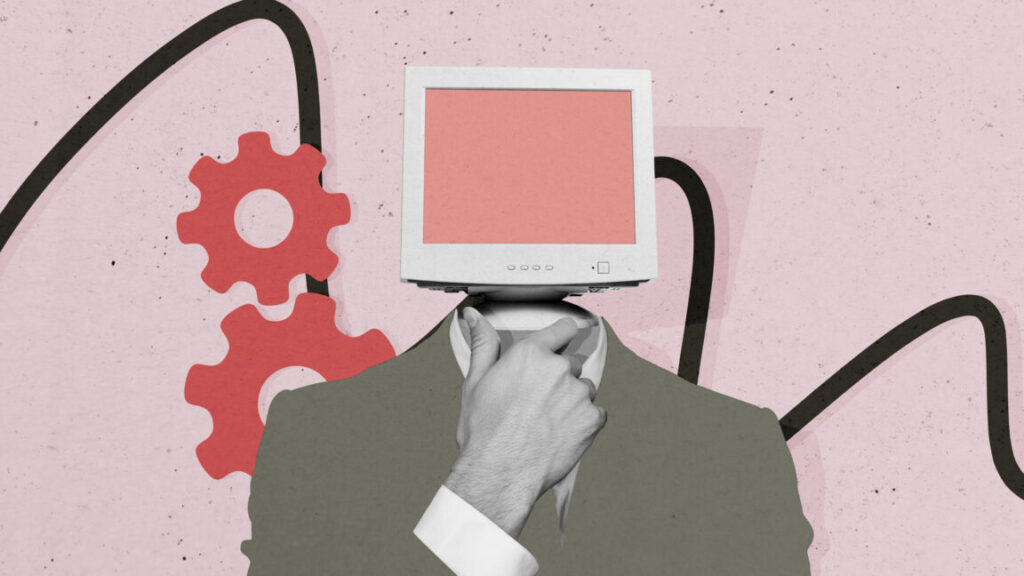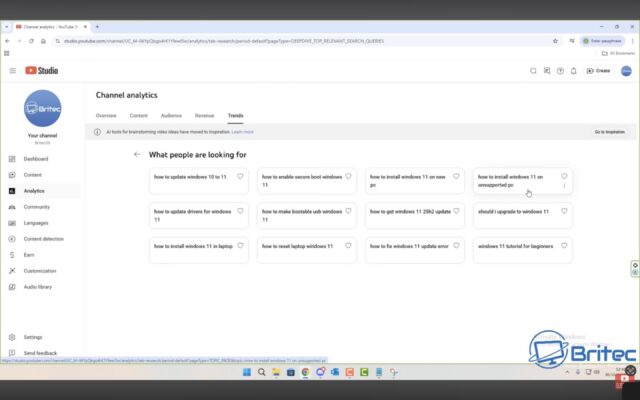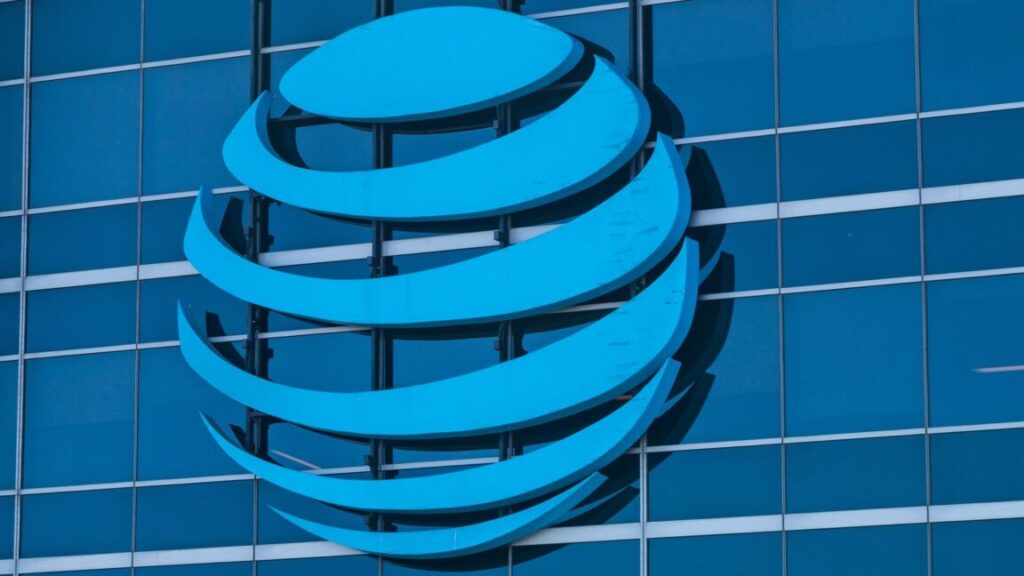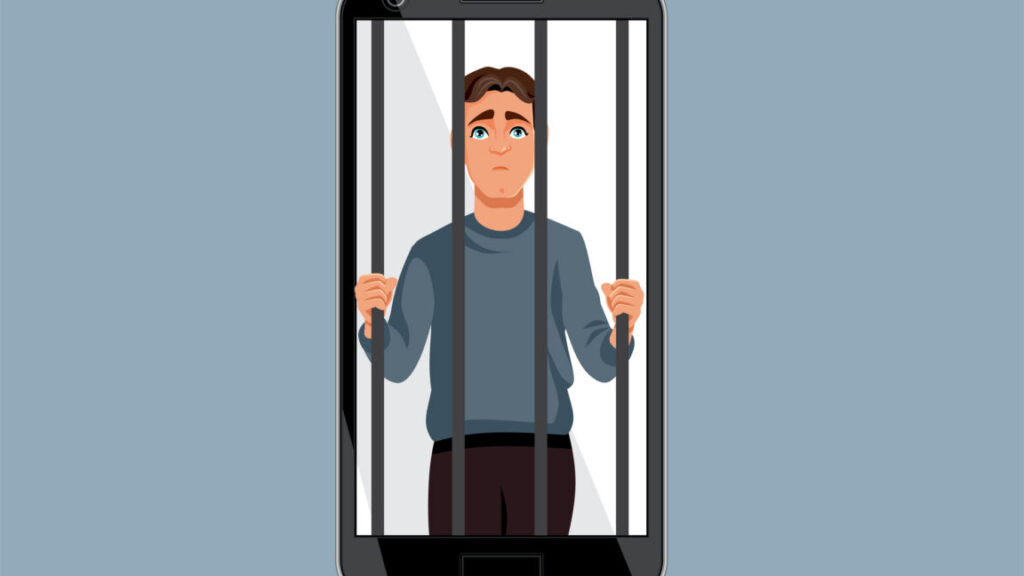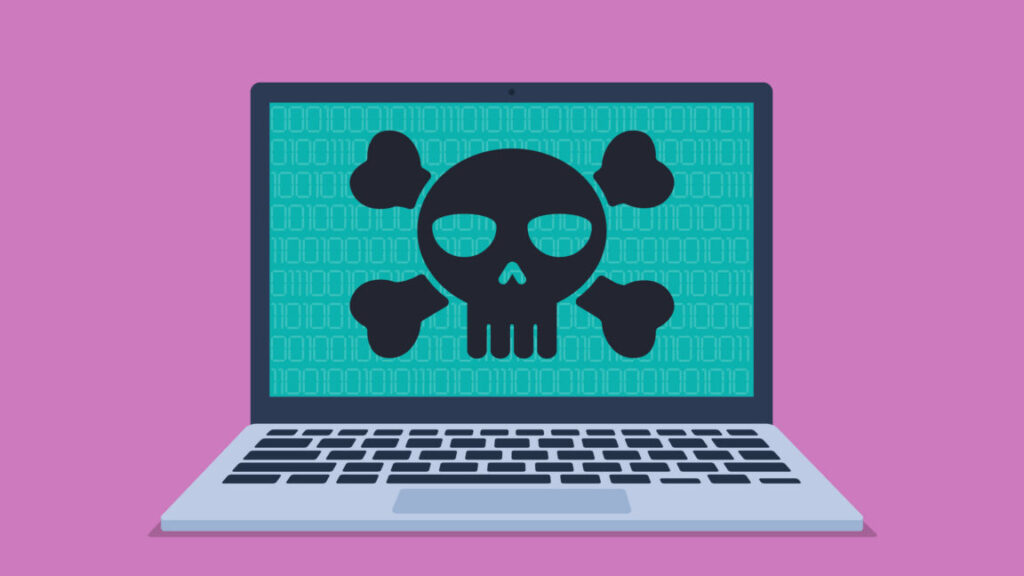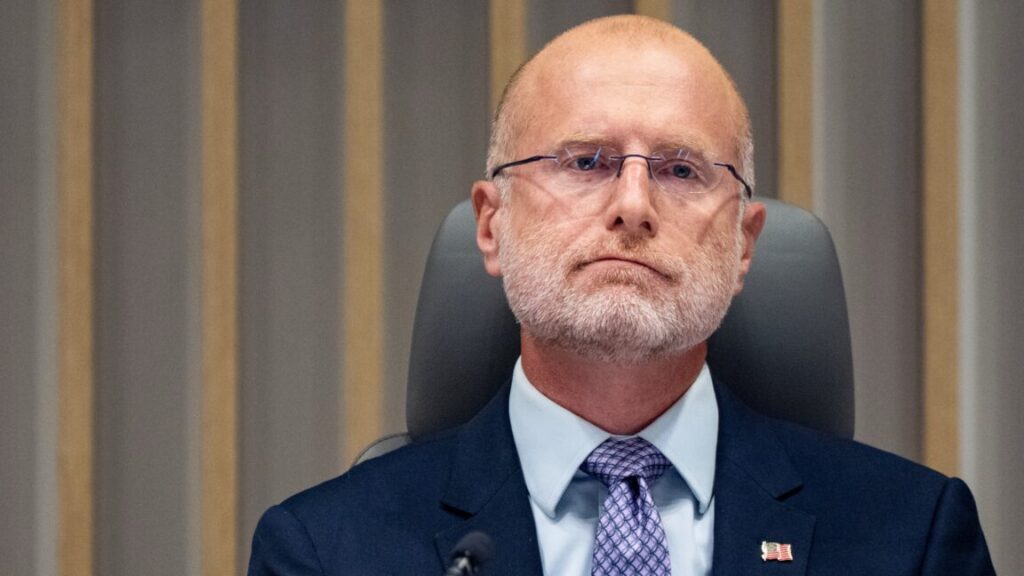Flock haters cross political divides to remove error-prone cameras
“People should care because this could be you,” White said. “This is something that police agencies are now using to document and watch what you’re doing, where you’re going, without your consent.”
Haters cross political divides to fight Flock
Currently, Flock’s reach is broad, “providing services to 5,000 police departments, 1,000 businesses, and numerous homeowners associations across 49 states,” lawmakers noted. Additionally, in October, Flock partnered with Amazon, which allows police to request Ring camera footage that widens Flock’s lens further.
However, Flock’s reach notably doesn’t extend into certain cities and towns in Arizona, Colorado, New York, Oregon, Tennessee, Texas, and Virginia, following successful local bids to end Flock contracts. These local fights have only just started as groups learn from each other, Sarah Hamid, EFF’s director of strategic campaigns, told Ars.
“Several cities have active campaigns underway right now across the country—urban and rural, in blue states and red states,” Hamid said.
A Flock spokesperson told Ars that the growing effort to remove cameras “remains an extremely small percentage of communities that consider deploying Flock technology (low single digital percentages).” To keep Flock’s cameras on city streets, Flock attends “hundreds of local community meetings and City Council sessions each month, and the vast majority of those contracts are accepted,” Flock’s spokesperson said.
Hamid challenged Flock’s “characterization of camera removals as isolated incidents,” though, noting “that doesn’t reflect what we’re seeing.”
“The removals span multiple states and represent different organizing strategies—some community-led, some council-initiated, some driven by budget constraints,” Hamid said.
Most recently, city officials voted to remove Flock cameras this fall in Sedona, Arizona.
A 72-year-old retiree, Sandy Boyce, helped fuel the local movement there after learning that Sedona had “quietly” renewed its Flock contract, NBC News reported. She felt enraged as she imagined her tax dollars continuing to support a camera system tracking her movements without her consent, she told NBC News.
Flock haters cross political divides to remove error-prone cameras Read More »
